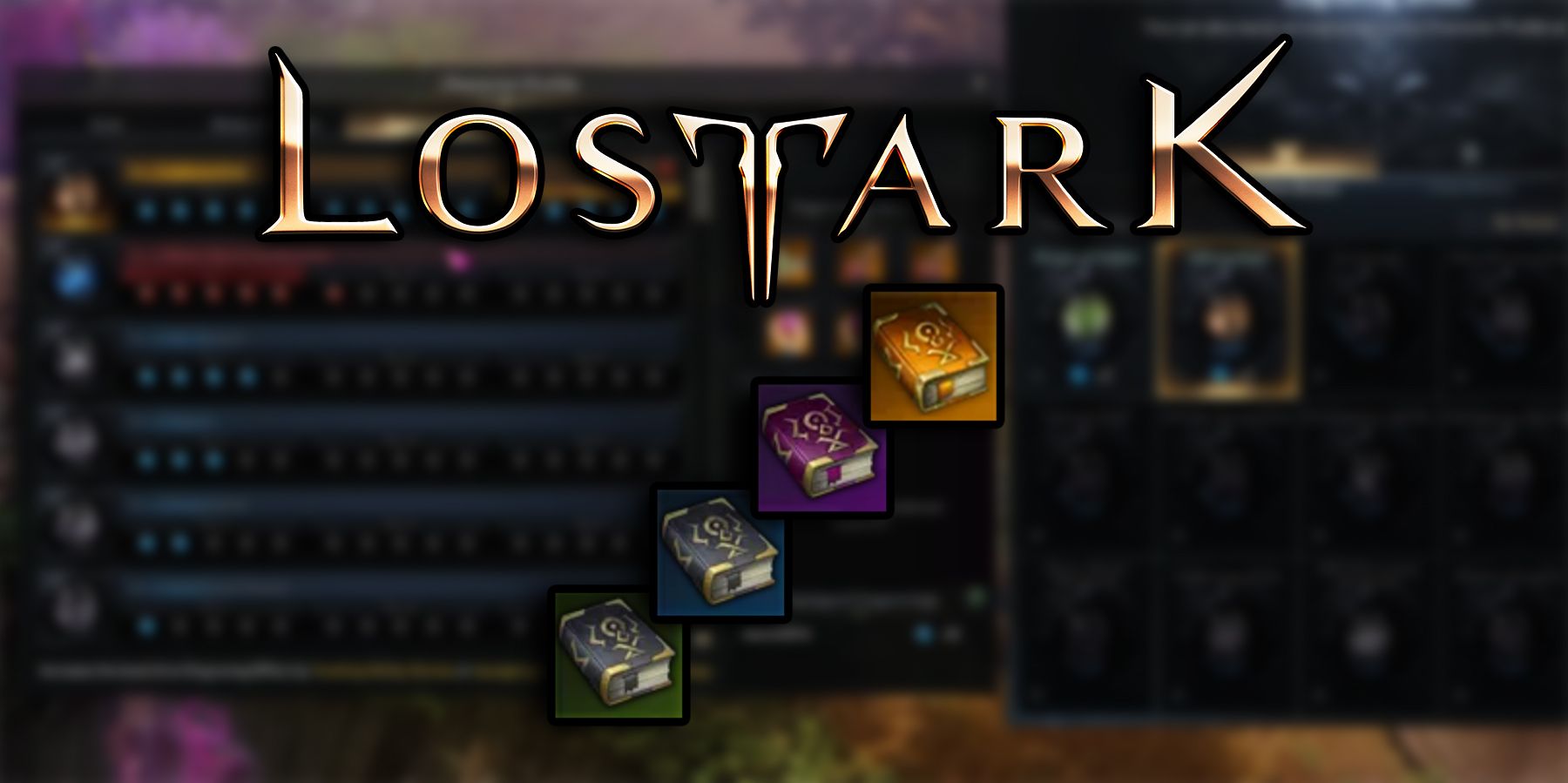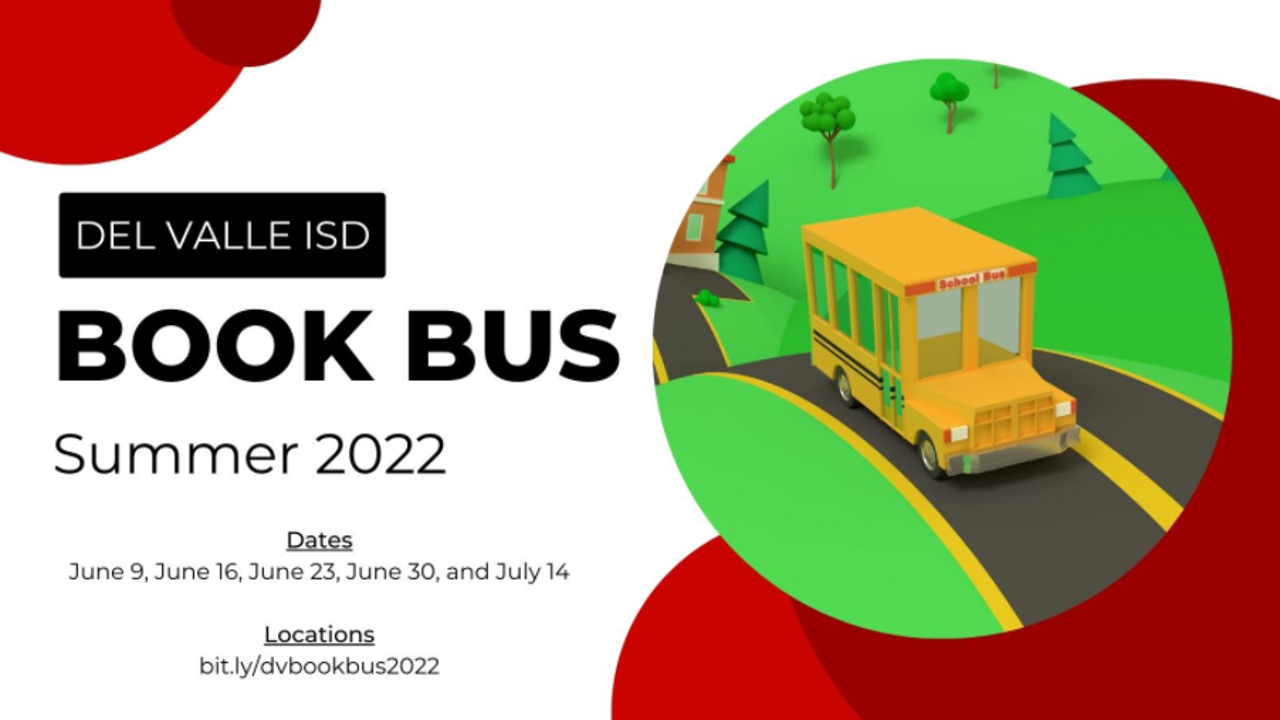College of Humanities
Adjunct English teacher Madeleine Dresden spoke at the 2021 Latter-day Saint Publishing and Media Association conference on October 9. Her talk highlighted the importance of representation for people of color and identifying tropes and stereotypes found in books and media.
She asked writers to think about the impression and impact their writing has and could have on minority readers. To achieve this, she encouraged them to “read various books.”
“If you want to tell a diverse story, read at least a hundred books that come from that perspective,” Dresden said.
Dresden said she strongly believes in writing as a powerful tool for community and in changing culture to “empower those who still need to tell their stories.”
Marriott Business School
A new experience design management class, Current Trends and Opportunities in the Experience Economy, explores why experiential businesses such as candle-making stores, hatchet-throwing businesses, and escape rooms are successful in places like Provo.
“In one unit, we study Universal Studios’ Wizarding World of Harry Potter and Disneyland’s Star Wars: Galaxy’s Edge theme parks,” said Case Lawrence, adjunct professor at EXDM who teaches the course.
This class focuses on the different business models and trends behind businesses, from amusement parks to traveling events to concerts. Lawrence said one of the class tasks was to come up with an experimental business idea.
“I personally review all of these projects and give my opinion, and several projects from the past semester are currently being developed into real businesses,” Lawrence said.
College of Life Sciences

After studying and sequencing the quinoa genome, BYU researchers are beginning to introduce hybrids of the crop to developing countries.
Quinoa is a protein-rich food, and it can grow in very dry conditions. These qualities allow farmers to use it as a reliable food source, especially in developing countries that struggle to produce food during droughts.
“Having a crop like quinoa would allow them to have a stable food source where they don’t worry from year to year if they will have food on the table every day,” said the student researcher from BYU Lauren Young.
This research culminated in a project involving trips to Morocco where BYU students and professors introduced quinoa to farmers.
“In Morocco, you see a lot of rural people struggling, especially in years when there’s such an unpredictable drought,” Young said. “It’s hard to hear about the struggles people are having, but it’s something we can address.”
 Zoo Book Sales
Zoo Book Sales




